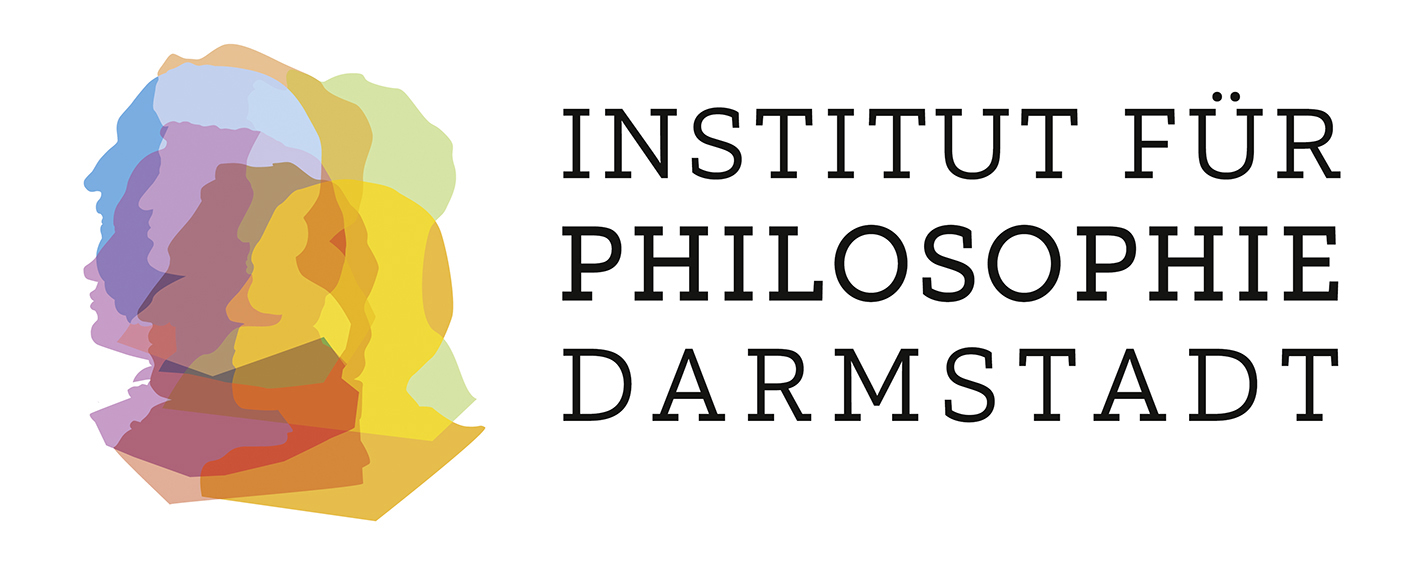The subject is offered on an undergraduate level in combination with a variety of other subjects (Joint bachelor) or to prepare for a career in teaching (Teaching degree, Staatsexamen). For postgraduate study we offer the Master “Philosophy” and PhD study. The master programme “Technology and Philosophy” is aimed at students with (minimum) an undergraduate degree in science or engineering.
Even without choosing a degree programme preparing for a career in teaching, there are several interesting and academically challenging career paths available to philosophers.
However, as in most disciplines in the humanities, a high degree of personal initiative is required to find a suitable career path. Start discovering your interests early during your studies by applying for internships or other work experience.
There are jobs for philosophers in a wide variety of sectors: In academia and education, in the private sector, in consulting, archives and museums, in publishing houses, political education, charitable organisation or the media (press, radio, television, online), in departments for public relations, ethics commissions, offices of members of parliament, political consultancies as well as in cultural management.
Graduates of the Darmstädter Joint Bachelor of Arts and the MA Technology and Philosophy have high employability prospects, because they combine philosophical competences with those of another field.
The subject-specific student advice service is the point of contact for any in-depth questions you may have about your studies. For example: timetabling and scheduling issues, performance, examination requirements and degree programme changes.
Subject-specific study advisor for the department for philosophy is Dr. Jens Kertscher.
Further counselling services
Questions on your application process and status should be directed exclusively at the general student service of the TU Darmstadt (opens in new tab).
Help with technical issues with TuCaN is provided by the TUCaN team (opens in new tab) of the TU. (e-mail)
Information from Faculty 2 on how to use TuCaN can be found on the homepage of the Office of Student Affairs (Studienbüro) (opens in new tab).
The Center for Teacher Training (opens in new tab) offers students in our teacher training programmes advice on any specific questions.
You can apply for part-time student status at the beginning of each semester at the part-time study coordination office (opens in new tab). It is generally valid for one academic year. A change to full-time studies is possible at the end of each semester.
During part-time studies you attend the same courses as in full-time studies. Your curriculum, however, provides for an extension of the duration of studies. You can achieve more at any time than your curriculum allows without losing your part-time status. You can choose between different plans (15 CP or 20 CP) per semester. The deadlines for part-time students are doubled.
Prerequisites are, for example, gainful employment with a certain minimum number of hours, self-employment/freelance work with a certain turnover, bringing up a child under the age of 18, caring work, … You can read more about this here (opens in new tab).
Guest auditors are expressly welcome at our Department of Philosophy. You can study as a guest student for the sake of knowledge or use the status of a guest student as a trial phase before embarking on a degree-oriented degree programme.
Guest studies at the TU Darmstadt are unrestricted. In general, all courses in our semester programme are open to you. However, if there are limited places in a course (this is not often the case) we ask you to give priority to fully enrolled students.
Traditionally, the Department of Philosophy organises a public lecture series on Wednesday evenings (usually in the winter semester) or a public colloquium (usually in summer semester). These events are particularly well suited to get to know the discussion culture in philosophy and to meet staff members and other students and guests.
Guest auditors are not entitled to feedback or correction of any voluntarily submitted study tasks, essays or exams. But we will do our best to help you with your studies and will try to provide feedback if our schedule allow.
Further information for guest auditors (opens in new tab) can be found on the homepage of the TU.
Click here for the event overview page of the Department of Philosophy (opens in new tab).
Click here for an overview of the public event series at TU Darmstadt (opens in new tab).
Click here for an overview of public events at TU Darmstadt (opens in new tab).
Our Get Started page makes it easier for you to start your first semester. You will find information about the department, contact details for further advice and important links.


